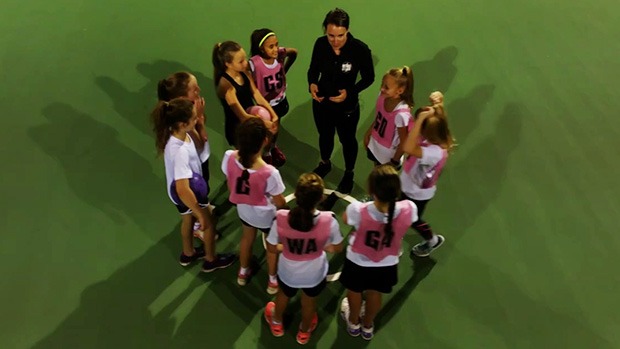
Netball finals are fast approaching for many teams and competitions, and as a coach you’re about to find out whether your team can bring it at the business end of the season.
Which raises the question: how best to prepare your team to put their best netball out there in finals?
Should you focus on your team? Your weaknesses? The opposition?
There’s no hard and fast rule, of course, as every team is different, but as a guide we like to use rough “50/30/20” ratio for breaking up our finals training, which we feel prepares our teams well – both physically and mentally – for finals netball.
Here’s how you might consider breaking it down.
50% – THINGS YOU’RE ALREADY GOOD AT
If you think back to most finals you’ve coached in, how often is the result decided by one team just clicking on the day, and the other team struggling to find their best?
Often it’s impossible to predict whether your team is going to be “on” when the big day rolls around, but you can give them the best chance of shedding those nerves and putting a great performance out there by giving them confidence in the lead-up. You can always tell them they’re great, but nothing gives a team confidence more than nailing something on the training court.
550+ VIDEOS: CHECK OUT OUR FULL LIBRARY OF DRILLS WITH LIVE COACHING!
That’s why when it comes to finals, it’s not time to reinvent the wheel. Coaches often want to cover EVERYTHING in those final sessions and break down every possible scenario, or introduce new drills, skills or structures. But if you’ve prepared them throughout the whole season, they should have all that knowledge in the bank already.
There’s a lot to be said for using drills that you know the team has been successful with previously and will be able to execute to a high standard. Being able to really perform a skill well gives players a positive lift heading into the big game, and could be the difference between them starting the first quarter strongly and rolling on from there, or starting the game nervously because they’ve been stewing over a poor training session for four days.
If you’re doing a full team drill, choose one that’s challenging but that the team knows. If you’ve been converting really well from turnovers in recent games, run through some turnover transitions as part of the session to keep building that confidence and flow, but to spice it up you might consider throwing some matchplay scenarios at them. For example, tell them there’s three minutes left on the clock, they’re down by three goals and they need to convert four turnovers in a row if they’re to win the game. That way they’re dealing with a little pressure at training, so they might be more comfortable in those situations on game day.
Any ballwork and footwork components also come under this banner, as they should be things that your players can nail with precision and intensity.
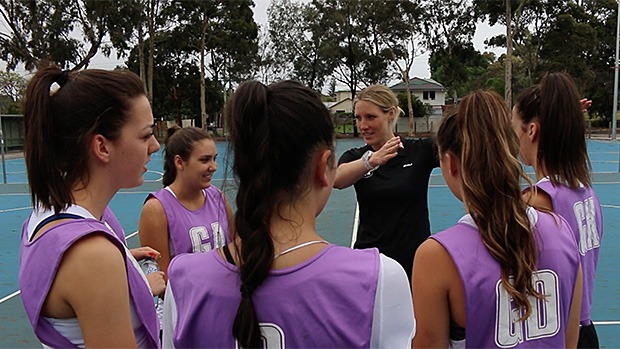
30% – AREAS OF IMPROVEMENT FROM PREVIOUS GAMES
You hear it all the time from elite players and teams: “We’re just focusing on our game and what we need to do”.
There’s a reason why, though. Yes, you need to stop the opposition, but in the end each team needs to back that their own talent and structures are good enough to beat whatever the other team throws at them.
So we’d spend around 30% of our pre-finals sessions working on things that need to be tightened up in our own performance from the previous couple of games. It might be transition out of defence, in which case we’d work on a combination of defensive throw-ins and turnovers to ensure everyone’s clear on their roles.
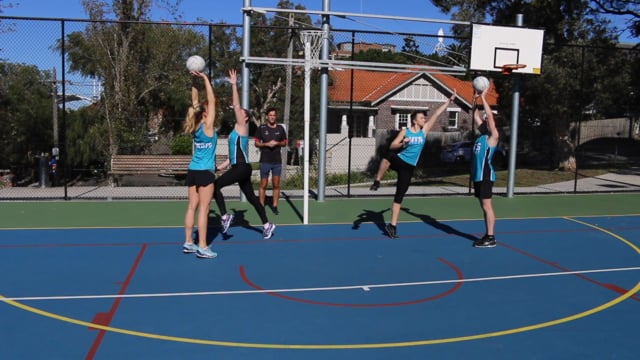
Or it could be the midcourt and goalers not hesitating, and backing themselves to let the ball go to each other, in which case we might spend a chunk of the session having the midcourt work the ball onto the circle and the goalers getting their timing right to be in a good position to receive when the ball gets there.
Either way, pick the one or two most important areas and stick to those, rather than trying to cover everything.
20% – COMBATING YOUR OPPOSITION
This is probably the biggest area of variance between different teams and coaches and their finals approach.
Some coaches endlessly break down their opposition’s game and spent the majority of the training session working on “how to stop player X”, or targeting a very specific area of the opposition team’s game.
It’s important to remember something: YOUR team has made it to finals – clearly they can play! And if they play the way they have all season, it’ll be the opposition worrying about how to stop you, and not the other way around.
If your opposition has a tall GS, you might spend 5-10 minutes on your defenders working around the body and making sure they don’t get stuck on a hold. But you’d probably be far better served spending longer on your team defence down the court and out the front of the defensive circle, as that will likely have a much bigger bearing on the result than whether your GK can get a couple of tips or intercepts.
If you really feel they’ll need it, give them a couple of options on how they might change things up in the game if things aren’t working.
Again, it’s all about your players feeling prepared, so it’s important to have them work for a short period on combating whatever your opposition’s strengths are, however this shouldn’t dominate your session.
SAMPLE PRE-FINALS TRAINING SESSION (60-90 mins)
Warm-up (10 mins)
5 mins – Finger control and touch drill.
5 mins – Active stretching and dynamic movement.
Team drill (5 mins)
Choose any team drill (but one that you know your players can execute well).
Footwork/ballwork (15 mins)
5 mins – Get their feet sharp with a quick cone drill.
10 mins – Any pair/partner drill that combines footwork with passing, and also gets the players’ heart rate and breathing elevated.
Areas of improvement (20 mins)
Select one or two drills/areas that need improvement from recent weeks and work through them. Not too much talking, though, and keep it simple. Your players will learn far more by getting out there and running through it with a little instruction, rather than just talking about it.
Opposition (10 mins)
Target any specific opposition strengths. Again, don’t overload your players – just pick one drill or activity that allows them to sharpen those areas, but also allows them to have some success and feel confident about what they’ve put out there.
Longcourt/matchplay/scenarios (15-20 mins)
Here’s where you bring the whole session together and look to see those focus areas delivered in some longcourt or a bit of matchplay. Rather than running through things repetitively, break things up into blocks of 2-3 minutes, with achievable targets/scenarios for the players to work through.
Game (5 mins)
If you have time, there’s nothing wrong with ending with a netball-specific game! Everyone leaves with a smile on their face and it’ll help to shake some of those pre-finals nerves.
Best of luck!
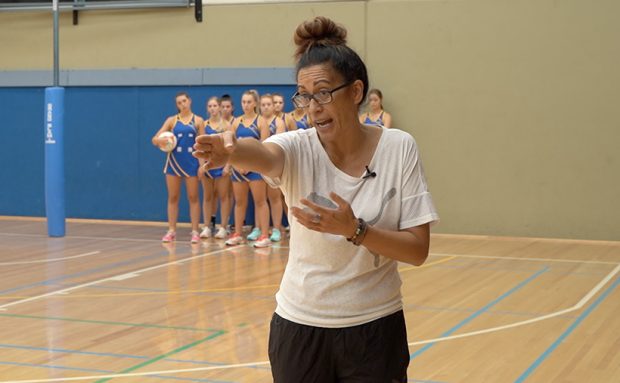

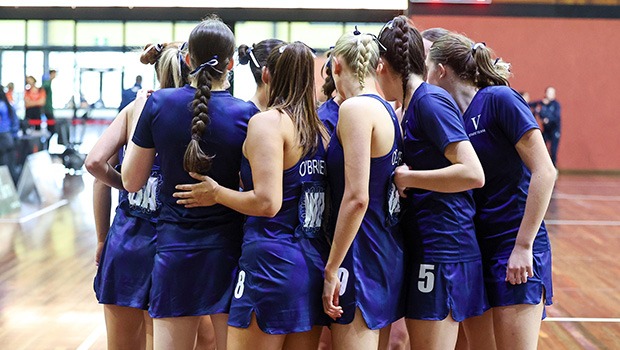
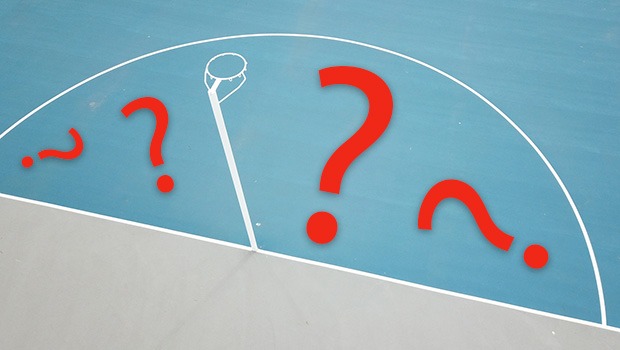
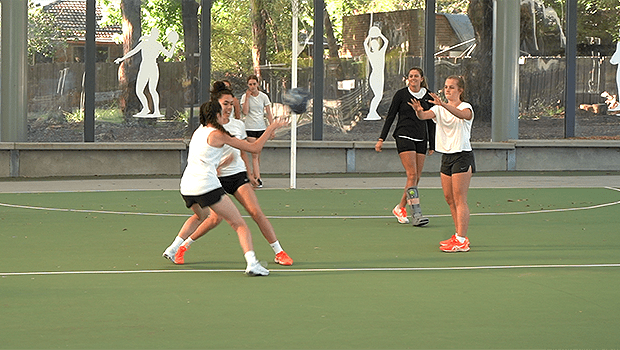
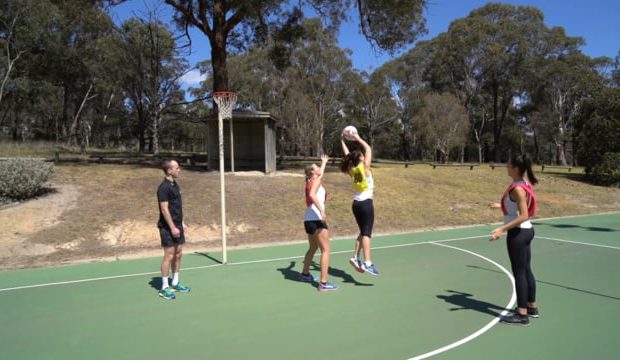
I really took onboard your guidance and thank you so much that I haven’t overwhelmed myself or the team leading to their finals this weekend or else I’m pretty sure that I would be placing pressure on myself and expect too much from the team.
It should be a really good training where they have already the understanding and skills to lead the training with team confidence and better understanding with expectations of the game to play out. As I’m sure they will really enjoy playing the different scenarios as we finish the training session off well too. Thank you 💐